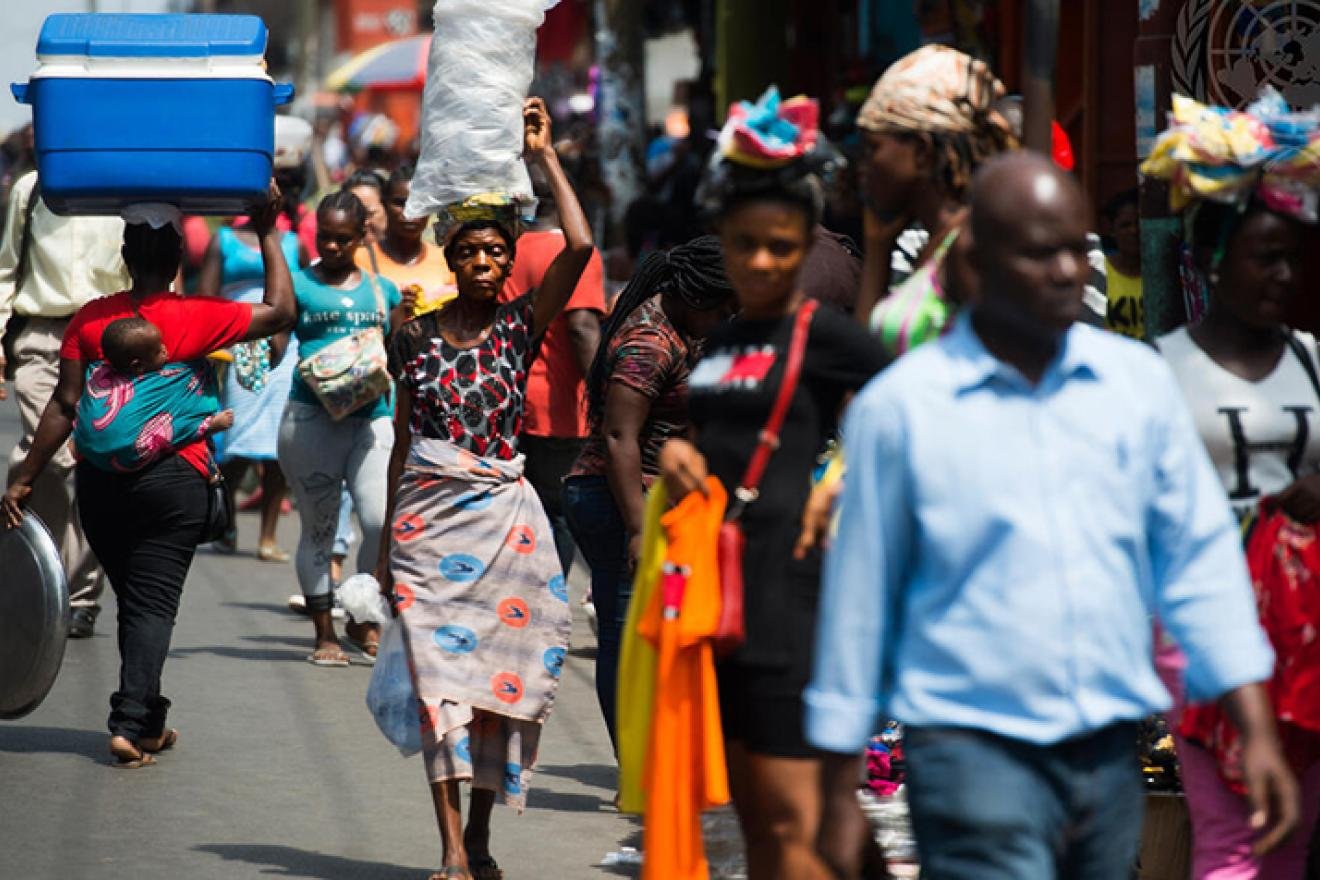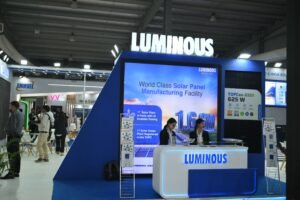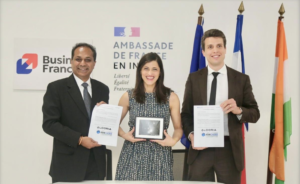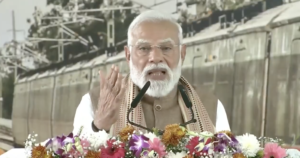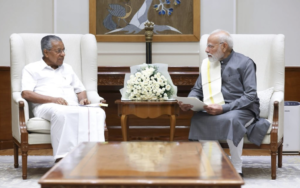New Delhi: A groundbreaking report released today by the United Nations Department of Economic and Social Affairs (UN DESA), the Global Solar Council (GSC), and the Chinese Renewable Energy Industries Association (CREIA) positions integrated solar photovoltaic (PV) Plus systems as the most affordable, scalable, and transformative energy solution for sustainable development across the Global South.
Titled “PV Plus: Opportunities for South-South Cooperation—Solar Energy Use for Sustainable Development,” the report was unveiled as global leaders convene in Belém for COP30 to address the dual challenge of rising energy demand and environmental sustainability. PV Plus refers to the integration of solar power with energy storage across diverse usage models, enabling both on-grid and off-grid applications.
The report highlights that solar PV accounted for 71% of new global power capacity additions, with utility-scale solar costs dropping by 86% since 2010. On average, solar energy now costs 56% less than fossil fuels, making it the world’s cheapest energy source.
“Solar PV Plus can catalyse sustainable growth across the Global South,” said Juwang Zhu, Director of the Division for Sustainable Development Goals at UN DESA. “It offers scalable opportunities for countries to meet rising energy demand while also advancing climate resilience and local development.”
Sonia Dunlop, CEO of the Global Solar Council, emphasized the sector’s transformative potential: “We are watching solar graduate from being an energy alternative to becoming the world’s leading source of power. By making solar power and energy storage the backbone of our energy systems, we can leapfrog fossil fuels, close the energy access gap for nearly a billion people, and drive unprecedented economic growth in the Global South.”
PV Plus systems are now central to achieving 12 of the 17 UN Sustainable Development Goals, including climate action, poverty reduction, and gender equality. With over 7 million people employed in the global solar sector and job growth projected at 15–20% annually, the report underscores solar PV’s role in driving inclusive economic development.
Li Dan, Secretary General of CREIA, noted the evolution of solar technology: “Solar energy is an inclusive energy source. Through global collective efforts, solar PV has transitioned from specialized applications in space to daily use. This report showcases real-world PV Plus models and inspires innovators to explore further possibilities. China’s advancements in efficiency and cost reduction through innovation and scale have enabled widespread adoption worldwide.”
The report calls for enhanced South-South cooperation, encouraging governments, investors, and innovators to collaborate on PV Plus deployment. It also stresses the importance of scenario-based planning and local adaptation to maximize impact.
As COP30 discussions unfold, the PV Plus framework offers a compelling blueprint for sustainable energy transitions, economic empowerment, and climate resilience across developing nations.

